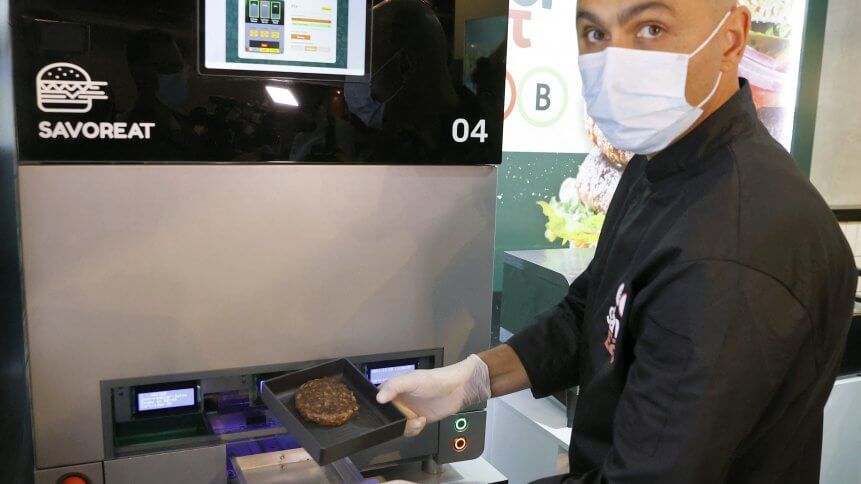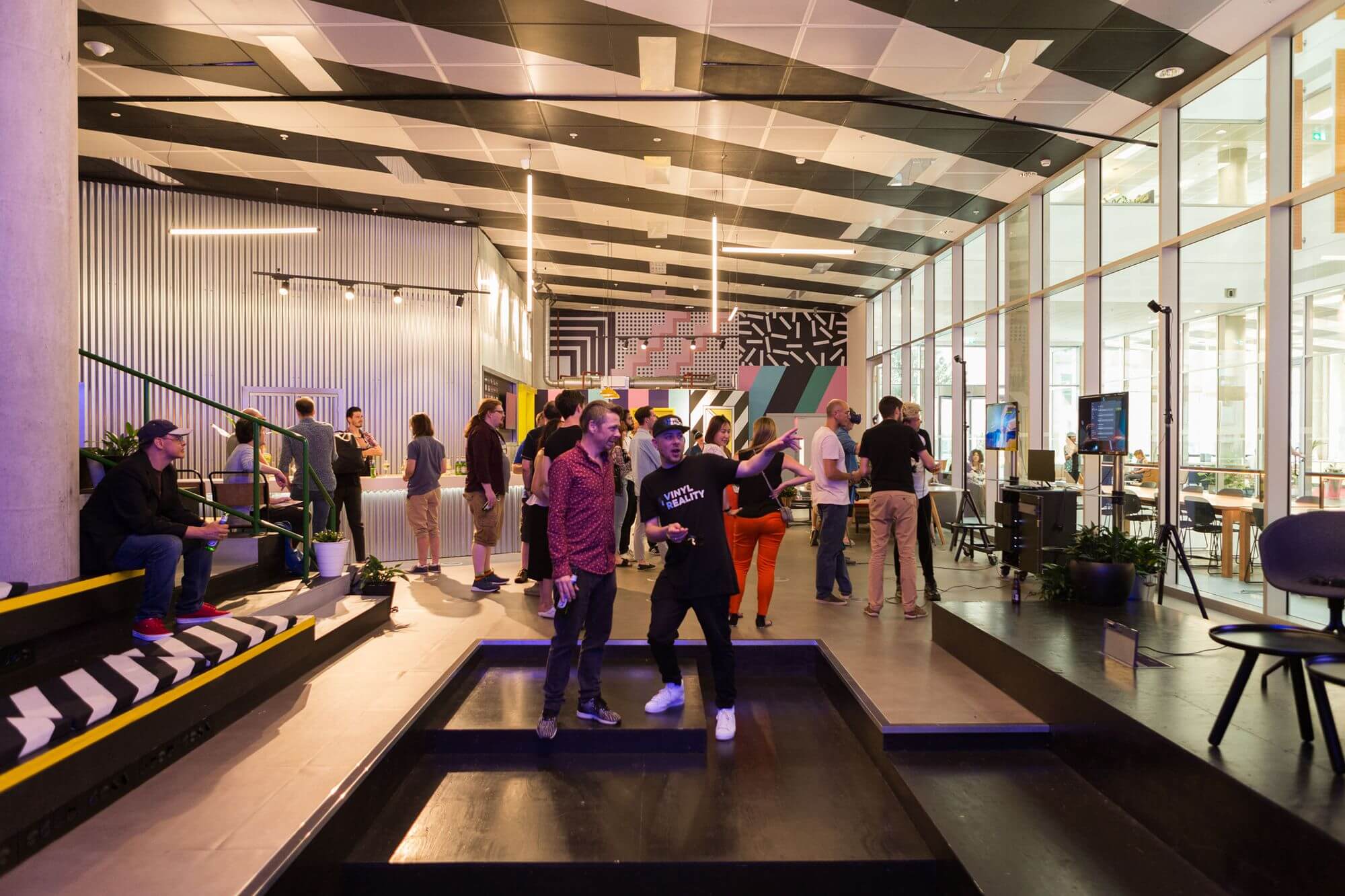
A growing sector where technology is being used to level up the food industry, FoodTech is making the production and consumption of food more efficient and sustainable. With consumer attitudes towards consciousness, climate, and convenience driving its innovation, major opportunities to invest have been presented at every stage of the value chain.
It sits at the intersection of technology sectors, such as mobile apps, internet platforms and clean energy, and food-related sectors. But what do these trends actually look like, where are the UK’s FoodTech hubs, and why should investors consider this industry over other disruptive sectors?
The trends and sectors to watch
Precision agriculture: The largest emerging sector group, companies in this area are applying the latest advances in technology such as remote sensing and machine learning to tackle agricultural challenges. This can look like mitigating risk presented by flooding, fire, freezing and storms, as weather analytics provider Cervest does. Hummingbird Technologies uses satellite imagery and machine learning to help farmers make better decisions based on data, to help identify disease and weeds, and assist with yield predictions and sustainable farming practices.
On-demand services: Where would we be without our dinner just a few taps away? The second most populous group is services-on-demand, including the likes subscription-based meal provider Gousto and commercial kitchen rental platform Karma Kitchen. These companies are bringing an innovative approach to traditional consumer engagements with food and helping to reduce waste by allocating resources more efficiently. High-growth services-on-demand FoodTech companies — whether still active, exited, or having since ceased operations — raised around £1.5b between 2011 and 2020.
Veganism: Hardly a new concept, but a trend that is taking flight and an industry that is generating significant investment. With concerns over health and diet, the environment, and animal welfare continuing to influence consumers, the FoodTech ecosystem has seen a rise in companies catering to a plant-based market. Startups have a lot to offer this high potential market, including high protein sustainable meat alternatives, vegan snacks and drinks, plant-based pet food, as well as meat and dairy-free ready meals and recipe kits on subscription. Investors are paying attention to these companies; £64m was raised by the UK’s vegan FoodTech companies in equity funding in 2020 via 51 deals.
Elsewhere, major advancements in sectors like biomass and biofuels, robotics, urban farming, FinTech, and pop-ups are driving this remarkable and fast-moving industry.

High-growth services-on-demand FoodTech companies — whether still active, exited, or having since ceased operations — raised around £1.5b between 2011 and 2020. Source: Huckletree West
Where are the innovators?
It may come as no surprise that the majority of UK-based FoodTech startups are in London. Home to 234 active high-growth FoodTech startups, London has the highest density of companies among all regions in the country — it is the natural geographical leader for this emerging industry
Our Futures Hub in Huckletree White City is home to some of the UK’s leading FoodTech companies. The campus, located within the iconic White City Place development, is part of a bold new chapter in the rich creative history of a neighborhood that sits at the center of West London – an area already brimming with high-growth FoodTech companies.
London may have the lion’s share (81%, according to our latest research) of buzzing FoodTech startups, but if we look to places like Leeds, Birmingham and Bristol, exciting things are happening in these business footholds.
Though yet to reach the scale of London, Edinburgh and Glasgow are leading the charge in Scotland. Funds managed by Scottish Enterprise were involved in 39 fundraising rounds between 2011 and 2020 worth £32.4m, supporting Scottish FoodTech businesses such as ENOUGH, Snappy Shopper, Qikserve, Insignia Technologies, and Flavourly.
Investing in the future of FoodTech
The UK’s high-growth ecosystem has seen 863 innovative FoodTech companies launched since 2011. The most popular way to raise equity investment among FoodTech companies over the last decade has been crowdfunding, with Seedrs and Crowdcube topping the ranking by number of deals.
Crowdfunding platforms are an alternative means of financing, operating mostly online, and allow many investors to contribute funds. AgriTech company Hectare has secured seven funding rounds since 2015, with Seedrs either a participating or the sole investment source in every one.
The rolling lockdowns of the ongoing COVID-19 pandemic supercharged the food delivery industry. Nimbler tech-powered startups are disrupting supermarkets and traditional retail. Significant developments in agriculture and the global supply chain are needed to fight world hunger.
And with the world’s population predicted to hit nearly 10 billion by 2050, FoodTech innovation is becoming a moral necessity.
Article contributed by Avee Viravaidya, General Manager, Huckletree West









